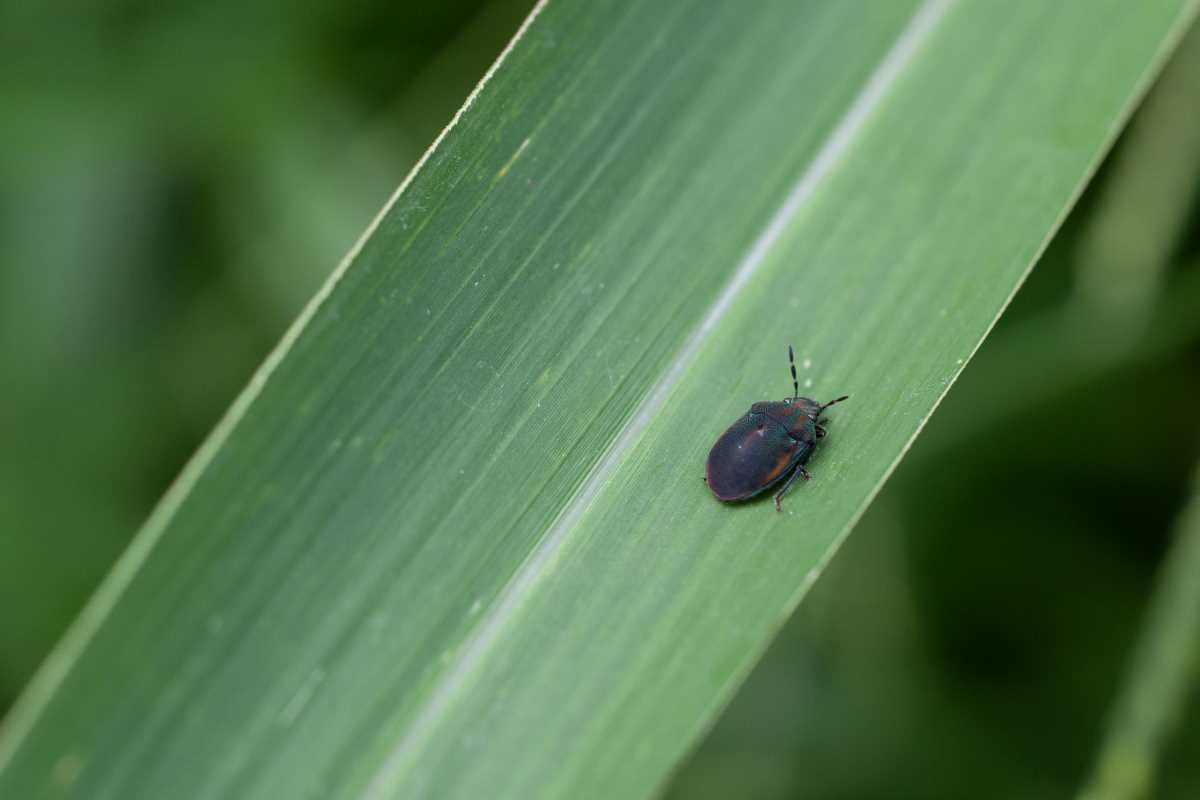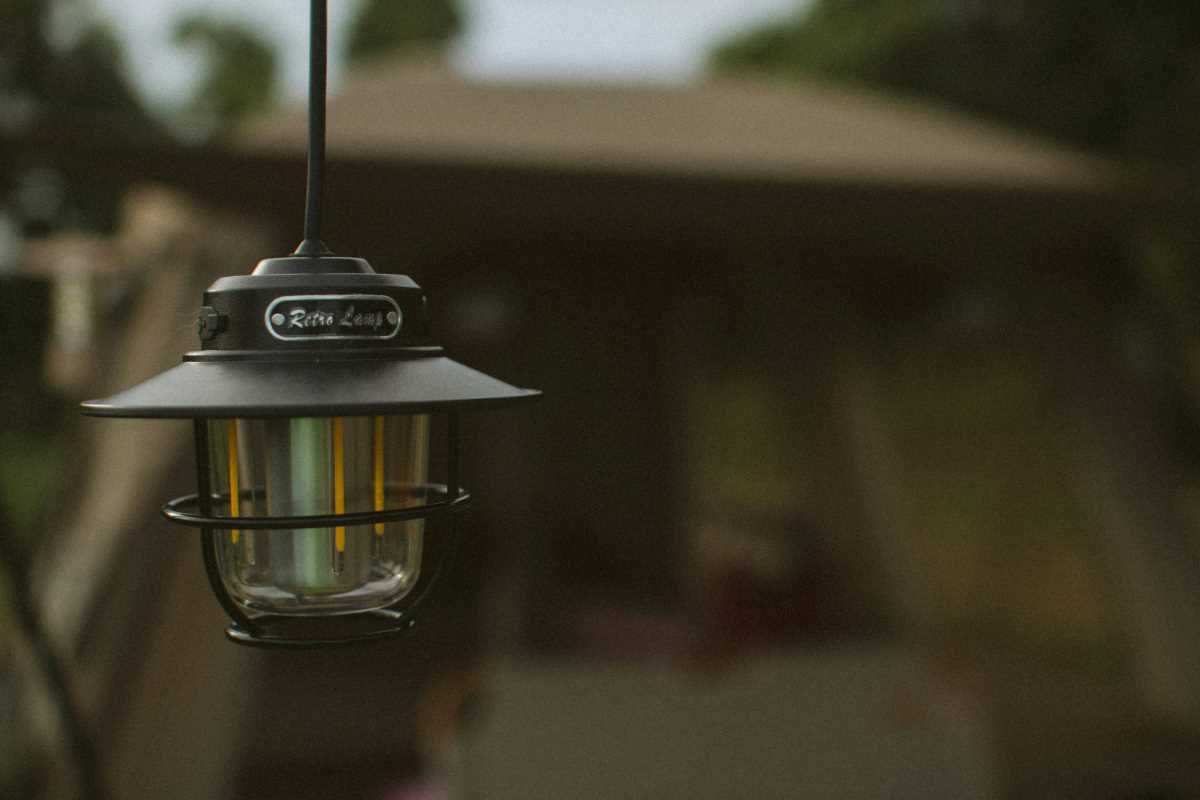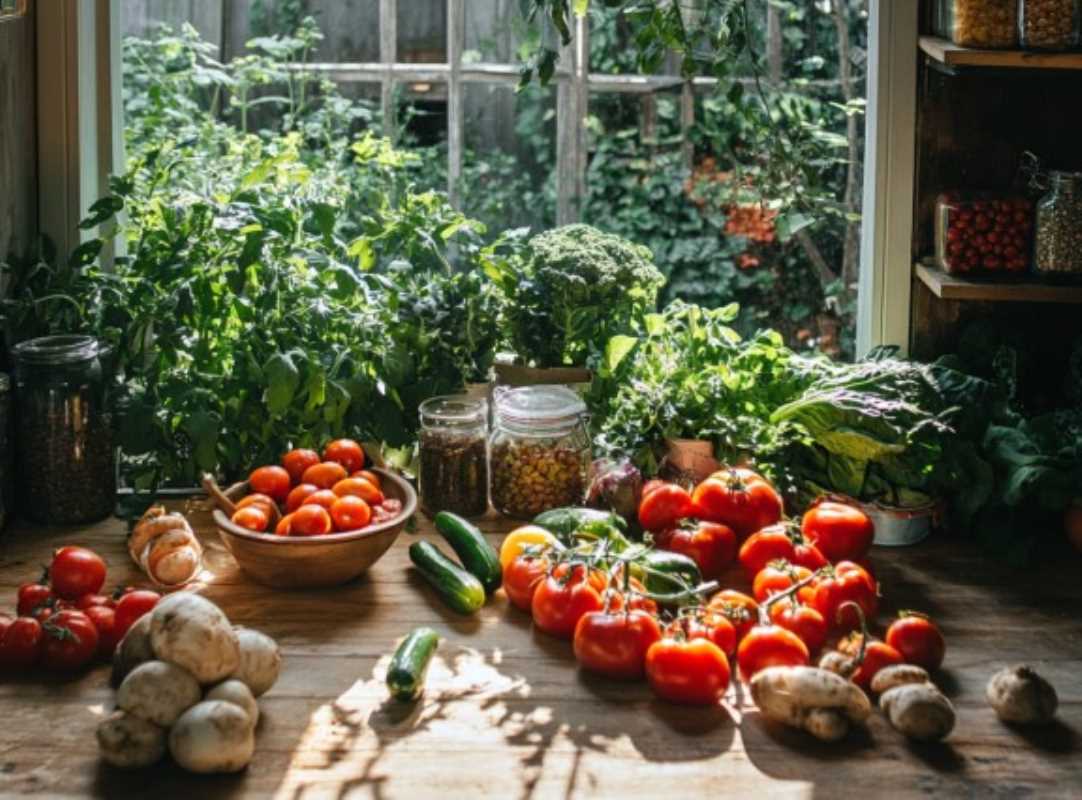Gardening at home brings the joy of harvesting your own vegetables, yet city pests and insects often see garden beds as an open invitation. Protecting your plants calls for careful preparation and simple, eco-conscious solutions that make a real difference. This guide goes beyond general advice to provide clear, practical techniques you can apply directly to your backyard plot. Whether you’re planting your first seeds or tending established beds, you will find reliable methods here to keep your vegetables safe and your gardening experience enjoyable from season to season.
As you read on, picture your little plot flourishing with crisp peppers, leafy greens, and juicy tomatoes, all safe from the neighborhood invaders that love to munch on your harvest. Let’s dig in.
Identify Common Urban Garden Pests
Understanding which intruders target your plants makes it easier to stop them in their tracks. Here’s a quick list to watch for:
- Aphids sneak under tender leaves to suck sap.
- Slugs and snails leave slimy trails and chew holes.
- Squirrels and rats dig up bulbs or nibble roots.
- Snapping grasshoppers chomp stems and foliage.
- Leaf miners burrow into leaves, leaving winding trails.
Keep a journal near your plot to note sightings. Recognizing patterns helps you schedule controls right when pests appear, rather than chasing them late in the season.
Preventive Garden Design Strategies
Choosing raised beds or containers makes it harder for burrowers like rats and ground beetles to access your plants. You can line beds with hardware cloth to block tunnelers without hindering drainage.
Arrange plants so air circulates well and canopy layers don’t trap moisture. Mushrooms and fungal problems thrive in damp spots, which in turn attract fungus gnats. Planning a tidy layout cuts off several issues at once.
You can even swap out the phrase vegetable garden for an engaging guide that doubles as pest prevention inspiration.
Natural and Organic Pest Control Methods
You don’t have to turn to harsh chemicals when you see aphids or worms. Try these simple, eco-friendly tricks:
- Handpick slugs at dusk and drop them into soapy water.
- Spray a mild mix of water and dish soap on aphids for a quick knockdown.
- Use diatomaceous earth around stems to deter slugs and beetles.
- Introduce neem oil spray every two weeks to interrupt insect growth.
- Make a garlic-chili spray to repel a range of chewing pests.
Address each problem early, when damage stays minimal. For example, spot-spray leaf miner eggs instead of waiting until leaves look shredded.
Companion Planting and Beneficial Insects
Pair basil, marigolds, or nasturtiums alongside tomatoes and peppers to confuse aphids and attract helpful bugs. Marigolds emit a scent that pests find difficult to detect.
Invite lacewings, ladybugs, and parasitic wasps by planting dill, fennel, and sweet alyssum. These allies snack on eggs and larvae, giving your veggies a better chance without any extra work on your part.
Monitoring and Early Detection Techniques
Walk your plot two or three times a week, checking undersides of leaves and soil surfaces. A magnifying glass helps spot tiny eggs before they hatch into hungry larvae.
Set simple yellow sticky traps to catch flying pests that buzz near lettuce and spinach. Replace traps when they fill up, and note which crops attract the most bugs to help rearrange your planting plan next season.
Addressing Severe Infestations Safely
When minor fixes don’t work, pick a targeted organic pesticide labeled for your specific pest. Always follow instructions and wear gloves and eye protection. Rinse produce before harvesting.
If rodents burrow in, use enclosed traps with non-toxic bait or ultrasonic repellers that run on solar power. Avoid poisons that risk harming pets or pollinators.
Rotating crops each year also breaks pest cycles. If flea beetles decimated your brassicas last summer, plant beans in that bed this year and move broccoli elsewhere.
Regular cleanup after harvest helps prevent overwintering pests. Remove plant debris and till in a bit of compost to restore soil health.
Be patient with severe outbreaks. Combining design tweaks, natural sprays, and periodic checks helps reduce most infestations within a few weeks.
Consistent pest control protects your veggies, ensuring a continuous supply of fresh produce. Follow these tips to enjoy healthy, homegrown vegetables all season.
 (Image via
(Image via





